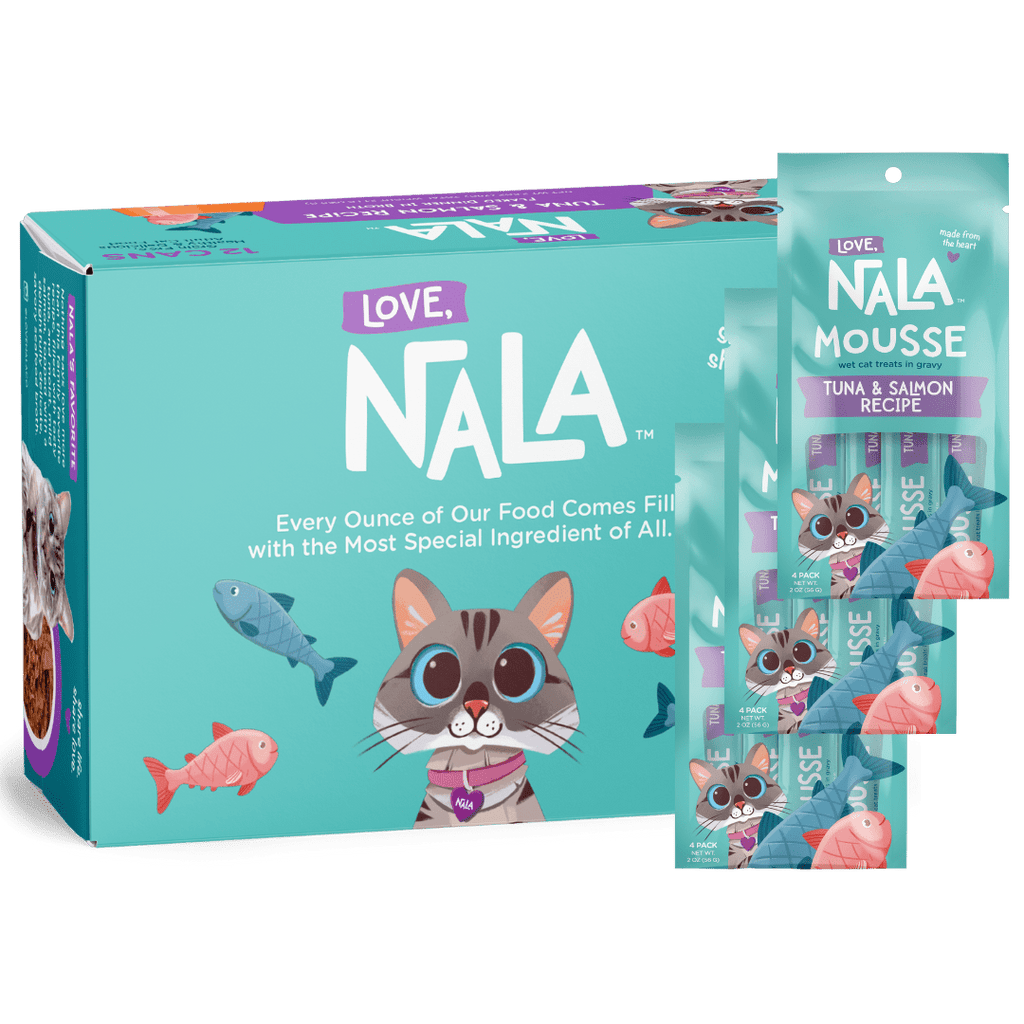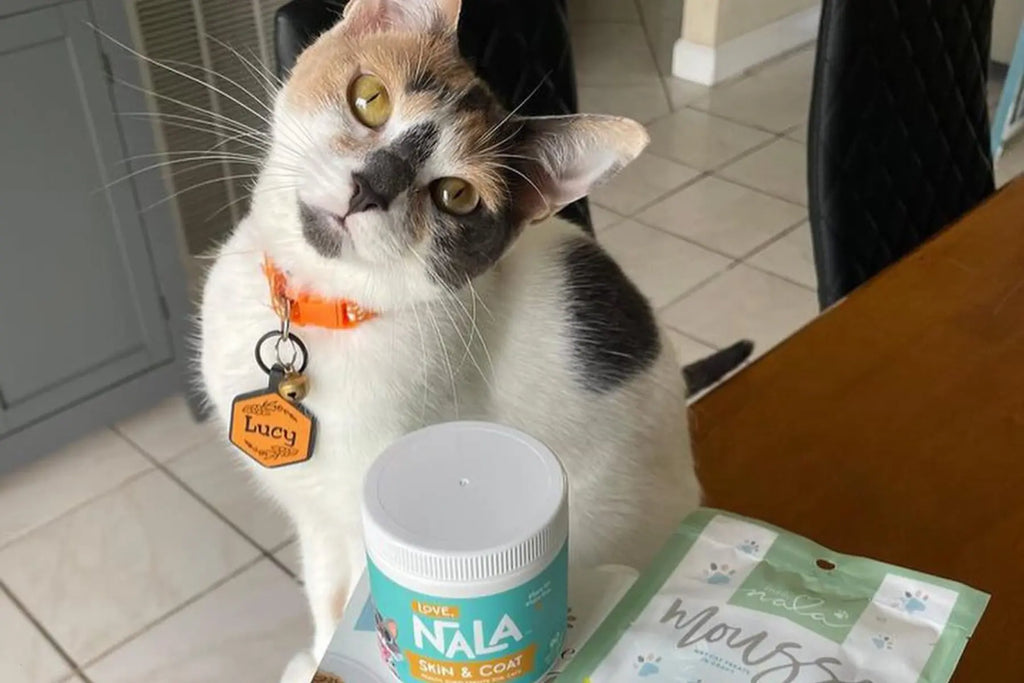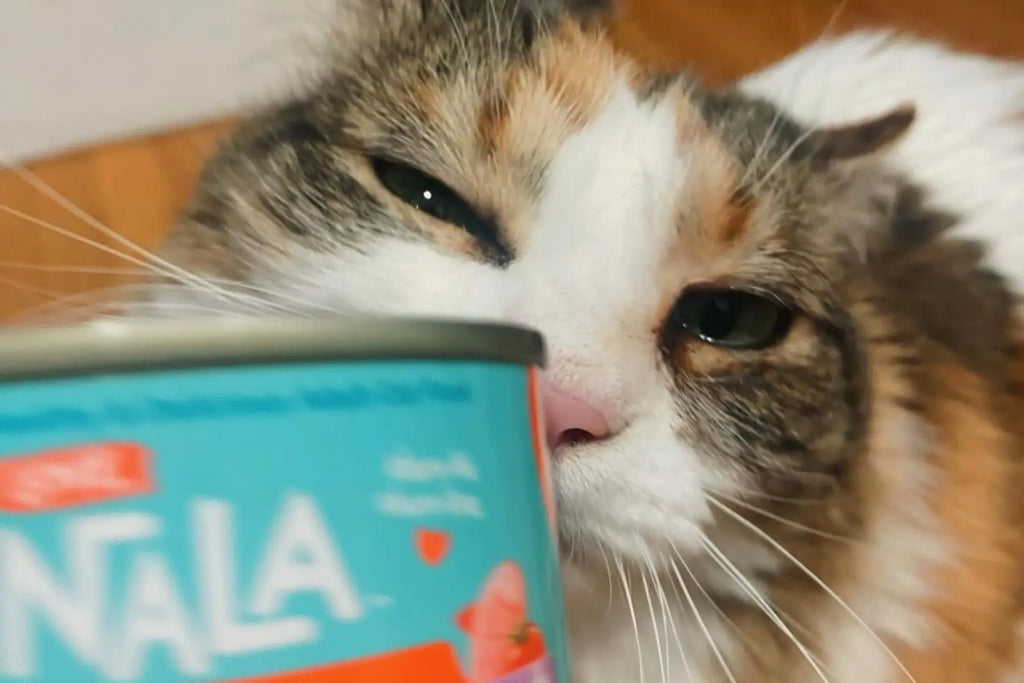As the number of domesticated cats continues to rise globally, a common topic of interest for pet owners is ensuring a balanced and nutritious diet for their furry friends. One type of food often at the center of this conversation is chicken for cats. Chicken is a high-quality source of protein and essential nutrients, making it a popular choice among cat owners.
Feline Nutrition 101
Our understanding of feline nutrition has greatly improved over the years. We now know that cats, being obligate carnivores, have a unique set of dietary requirements that need to be met for optimal health.
The Need for Animal Protein
Cats require a higher level of dietary protein compared to dogs and humans. This necessitates a diet rich in animal-based proteins, such as chicken.
Vital Vitamins and Minerals
Apart from protein, cats also need a balanced intake of vitamins and minerals to support various physiological functions. Some of these micronutrients can be derived from this poultry.
Fats: Essential yet Tricky
Fat is another critical component of a cat's diet, providing energy and essential fatty acids. However, managing the fat intake of your cat is a delicate balancing act.
The Nutritional Composition of Chicken
Chicken, whether air-dried or included in canned chicken for cats, is a nutritional powerhouse. It offers a broad range of nutrients that can contribute to a cat’s overall health.
- Protein: The Building Blocks - It is an excellent source of high-quality protein, which is crucial for maintaining a cat's muscle mass and overall body function.
- Healthy Fats - Chicken also contains fats, which can be a significant source of energy for cats. The presence of essential fatty acids in this poultry contributes to a cat’s skin health and coat shine.
- Vitamins and Minerals Galore - The bird is rich in various vitamins and minerals. These include Vitamin A for vision, B Vitamins for metabolism, and minerals like zinc and selenium for immune function.
How Chicken Contributes to Cat's Growth and Health
It can play a vital role in your cat's growth, development, and overall health. Its high protein content supports muscle growth, while the fats offer a valuable source of energy. Meanwhile, the vitamins and minerals boost immunity and other physiological functions.
Muscle Development Through Protein
The presence of high-quality protein in chicken plays a vital role in fostering and maintaining healthy muscle development in cats. This significance becomes even more pronounced for young felines, such as kittens and growing cats, as their bodies require a protein-rich diet to support their active growth and development. Its protein content offers essential amino acids that are indispensable for building and repairing muscles, ensuring that your feline companion stays strong and agile.
Fats for Energy and Health
Apart from being a rich source of protein, chicken also provides cats with fats that serve as a concentrated and readily accessible energy source. These fats are crucial in fulfilling their high-energy demands, especially for active and playful cats. Additionally, the fats in this poultry contribute to the absorption of certain fat-soluble vitamins, such as A, D, E, and K, promoting overall health and well-being.
Boosting Health with Vitamins and Minerals
Chicken boasts a diverse array of vitamins and minerals, making it a valuable addition to a cat's diet for maintaining optimal health. The vitamins and minerals found in the poultry actively support various aspects of a cat's well-being. They play a key role in boosting the immune system, enhancing vision, and promoting the health of the skin and coat.
This comprehensive nutrient profile ensures that your feline friend thrives and enjoys a vibrant and active life. Providing your cat with poultry as part of a balanced diet is a wholesome way to nurture their overall health and vitality.
Chicken in Your Cat's Diet: A Guide
There are various ways to include chicken in your cat's diet. From introducing chicken and pumpkin cat food to offering wet cat treats made from the poultry, the options are diverse. However, certain factors must be considered for safety and nutritional reasons.
- Quality Matters - Whether you're using an air-dried cat food or a premium cat food brand, ensure that the chicken used is of high quality. The source and processing methods can impact the nutritional value of the poultry.
- Safety in Preparation - Cooked chicken is safer for cats as it reduces the risk of foodborne illnesses. However, cooking methods should be chosen wisely to maintain nutrient value.
- Bone Safety - While bones can provide calcium, they also pose choking and blockage risks. Ensure any chicken bones are removed before feeding your cat.
- Balance is Key - While cat food cats love often includes chicken, it's essential not to over-rely on a single food source. It should be balanced with other dietary components to provide a diverse nutrient profile.
Dietary Diversity: A Must
Though chicken is undoubtedly a healthy cat food option, a diverse diet is paramount for your feline friend's health.
Preventing Nutritional Imbalances
While it is an excellent source of protein and essential nutrients for cats, relying solely on this one food item could lead to potential nutritional imbalances. While it promotes healthy muscle development and overall well-being, it may not fulfill all of your cat's dietary requirements on its own. Therefore, it is crucial to diversify your feline's diet to ensure they receive a wide array of necessary nutrients.
A Comprehensive Nutrient Profile
Incorporating the bird as one component of a varied diet can help provide a comprehensive nutrient profile for your beloved pet. Whether you opt for the best cat food or prepare homemade recipes, it's essential to consider diversity in the ingredients.
Through offering a mix of proteins, such as the poultry, alongside other sources like fish or turkey, and complementing them with vegetables and grains, you can enhance the nutritional value of your cat's meals. This diverse approach not only ensures they get a balanced combination of proteins, fats, vitamins, and minerals but also keeps their taste buds satisfied, making mealtime a delightful experience for your furry friend.
Prioritize Nutritional Knowledge
The journey to discovering the healthiest cat food can be complicated. Still, understanding the nutritional value of foods like chicken can go a long way in ensuring your cat's dietary needs are met. Armed with knowledge, you are now better equipped to make informed decisions about your cat's diet, fostering their health and longevity.
To delve deeper into feline nutrition, consider consulting resources such as veterinary nutrition guides and peer-reviewed studies. The more you know, the better you can care for your feline friend. Remember, when it comes to feeding your cat, knowledge is power. Let's continue to learn, grow, and provide the best for our purring pals!























